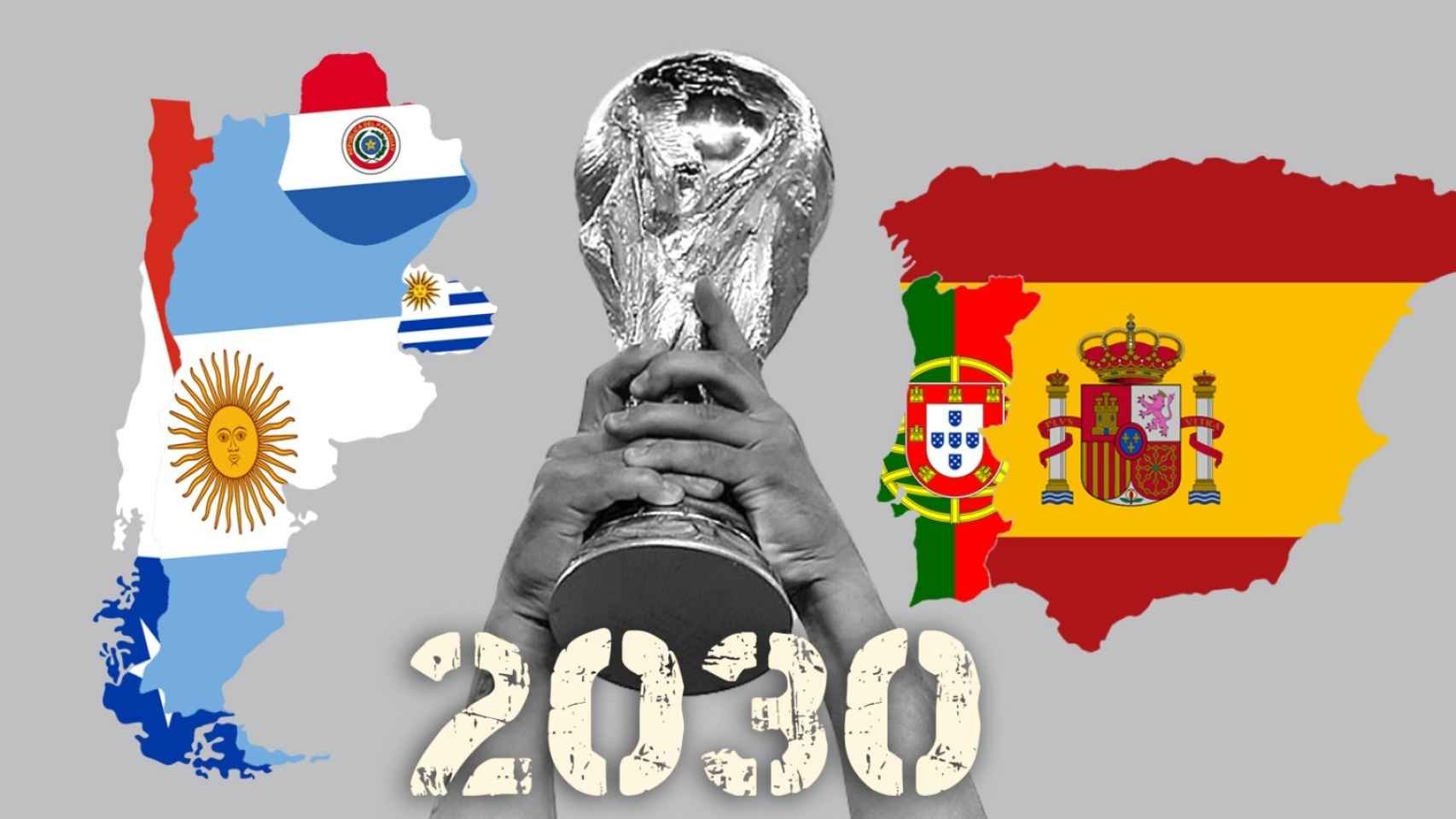Author: Amrit Santlani
FIFA recently announced that the 2030 World Cup will be held in six countries on three continents for the first time in history. To celebrate the centenary edition of the FIFA World Cup – the inaugural edition was played in 1930 – Uruguay will host the first match of the 2030 spectacle, followed by Argentina and Paraguay. After the first three matches, the tournament will move to Europe, with Spain and Portugal as co-hosts, alongside Morocco in Africa.

The global governing body was criticized after six countries were announced as hosts of the tournament and FIFA subsequently promised to “soften the environmental impact” of the 2030 World Cup.
“In 101 matches, the tournament will be played in a footprint of neighboring countries,” FIFA announced.“Three matches will be played in South America, also in geographically close neighboring countries, to mark the 100th year of the tournament, in a unique celebration,” they added.
The first FIFA World Cup in 1930 was played in Montevideo, and the Uruguayan capital will once again host the first match of the tournament 100 years later.
“Fifa will take all the necessary measures to mitigate the environmental impact,” said the body.

The decision on the 2030 World Cup has yet to be ratified at next year’s FIFA Congress, and the global body is already facing pressure after making “false statements” about reducing the environmental impact of the 2022 World Cup in Qatar.
The governing body had previously claimed that the 2022 edition would be the first “totally carbon-neutral World Cup”, but was unable to back up these claims with substantial evidence.
With the decision to award the 2030 World Cup to six host countries, all the co-hosts will qualify directly for the tournament. It will be the first time that the FIFA World Cup has been hosted in Portugal and only the second time in history, after South Africa 2010, that an African country has taken on the role of host.


